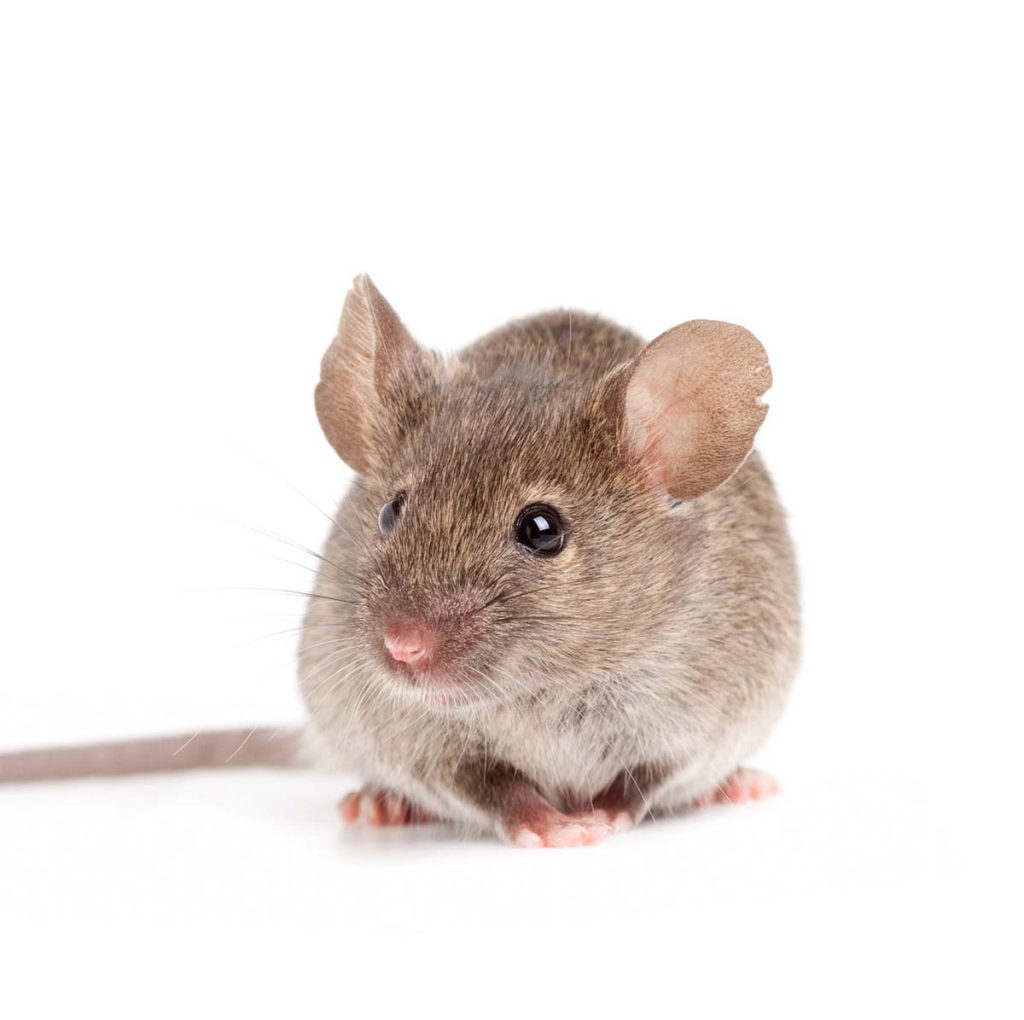If you suspect a mouse problem, don’t hesitate to contact Titan Pest & Wildlife for a professional consultation and treatment plan.
Home is where the heart is, and the last thing you want sharing that sacred space with you is a mouse or—worse—a family of them. Mice are more than just an unsettling presence; they can be hazardous to your health and home.
Most people recognize droppings as an unmistakable sign they have rodents in their home. But what other signs indicate you have mice in your living space?

How to Detect Mice in Your Living Space
If you notice any of these signs, addressing the issue as soon as possible is crucial to prevent further damage or health risks. The experts at Titan Pest & Wildlife offer comprehensive pest control services to help you reclaim your home.
- Droppings – As we mentioned, the most obvious sign of a mouse problem is the presence of droppings. These can typically be found along walls, inside cupboards, or under the sink. Mouse droppings are small, usually about 1/4 inch long, and have pointed ends. If you spot these in your home, it’s a strong indicator of a mouse presence.
- Gnaw marks – Mice have strong, sharp teeth and tend to gnaw on various materials to keep their teeth trimmed. You might find gnaw marks on food packaging, wooden structures, or electrical wiring. Fresh gnaw marks will be lighter in color and will darken over time.
- Unusual noises – If you hear scratching or rustling noises, particularly at night when mice are most active, this could indicate a mouse problem. The noises are often heard from within walls, under floors, or above ceilings.
- Nesting material and nests – Mice like to make their homes in secluded, dark places. They use materials like shredded paper, fabric, or insulation to make their nests. If you find these materials in hidden corners of your home, it may be time to investigate further.
- Unexplained smells – A musty, urine-like smell is another strong indicator of a mouse infestation. Mice have a strong scent that helps them communicate with each other. You might have mice if you notice a pungent odor you can’t identify.
- Tracks and runways – Mice have preferred pathways between their nests and food sources. You may notice smudge marks, droppings, or even footprints in these areas. To confirm, you can lightly dust flour along the suspected path and check for tracks.
- Evidence of food tampering – If you find that food packages have been chewed open or notice that food is missing, you might be dealing with mice. They are particularly fond of grains and can gnaw through plastic and cardboard to get to their feast.
- Pet behavior – Pay attention to your pets. They might sense mice if they seem more alert or agitated than usual, especially near cabinets or basements.
At Titan Pest & Wildlife, we offer a variety of interior and exterior pest control solutions in St. Louis & St. Louis City. We understand that when it comes to mice, there aren’t any one-size-fits-all solutions. We customize our plans to the specific requirements of each home and ensure that your needs and expectations are met with care and professionalism.

